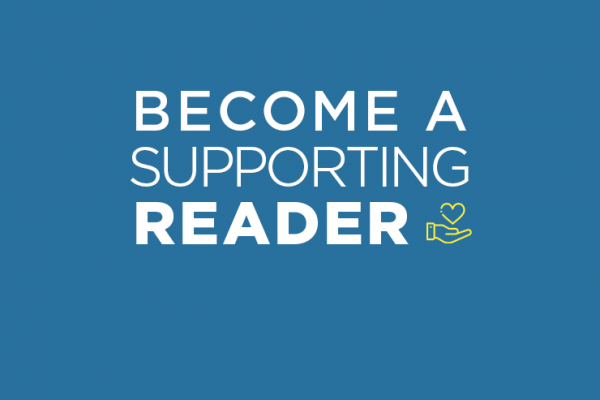This issue marks ten years since Deb joined BR as co-editor. There has been much to celebrate. BR was nominated for a National Magazine Award for best reporting in the public interest and won an UTNE Independent Press award for best writing. Pulitzer prize–winning writer Junot Díaz came on board as fiction editor (you may have seen his new book on the best-seller list, or news of his recent MacArthur “genius” grant). NoViolet Bulawayo’s short story “Hitting Budapest” won the Caine Prize (a.k.a., the “African Booker”). We launched a book series with MIT Press and now have more than twenty books in print, from Kerry Emanuel’s What We Know About Climate Change to Vivian Gornick’s The Men in My Life (nominated for a National Book Critics Circle award). And we started a lecture series with MIT’s political science department and a collaboration with Stanford’s McCoy Family Center for Ethics in Society.
We’ve also gone glossy and added dispatches, investigative journalism, two columns, and the occasional personal essay. In this issue that diversity is very much on display, as our legal correspondent Pam Karlan discusses the current Supreme Court’s disregard for the other branches of government, and anthropologist Sidney Mintz goes back in time to the earliest days of the Jewish love affair with Chinese food.
The result of all of this is a larger and more engaged BR community. Subscribers have tripled; Web readers have quintupled; annual support from readers has expanded eight-fold. And we have 40,000 new friends on social media.
Although we have changed a great deal in ten years, our core has remained constant: we provide space for discussion on large public issues, aim to improve the quality of that discussion, and try get to the bottom of things. Our forum remains our signature feature, and this issue’s forum on debt is squarely in the BR tradition.
Leading it off, Roosevelt Institute Fellow Mike Konczal argues that mortgages and other kinds of household debt are limiting economic growth. Relieving this debt would help the economy grow and would not reward irresponsible borrowing. Quite the opposite, he says: basic fairness requires it. In the debate that follows, respondents express different ideas about individual responsibility, the persistence of sluggish growth, the purpose of bankruptcy law, and the broader social and political context from which the housing bubble and massive debt emerged. Is debt relief fair and will it help the economy? Konczal thinks so. His critics disagree.
And you?







